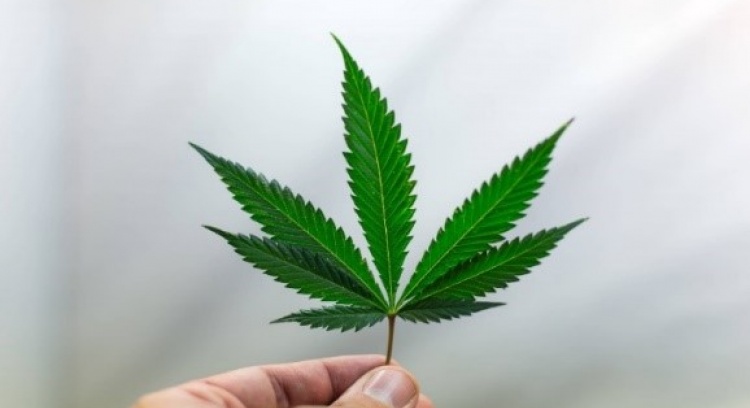Cannabis is introduced in Portugal by the Romans. It was banned by the Estado Novo, to protect the consumption of tobacco that was produced in African colonies. Tobacco planting was also banned in mainland Portugal.
Cannabis was introduced in Portugal, by the Romans, and has been used since that time on a large scale, and was banned by the Estado Novo, to protect the consumption of tobacco that was produced in African colonies. Tobacco planting was also banned in mainland Portugal. Currently, they have no law that promotes a correct legal framework.
With your help we will be able to present this law for debate, voting and approval in Parliament in Portugal.
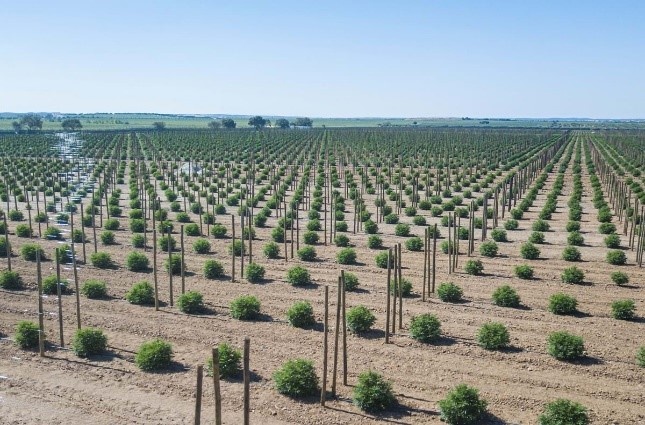
The cannabis of the 60's had 5% THC, which is the psychotropic substance, currently there are varieties with 25% widely consumed, by young and old without awareness of this fact and its dangers.
On the street, cannabis of poor quality and safety is sold, the most popular being the “Knorr broth”, with hairspray and sometimes with traces of cocaine or its derivatives.
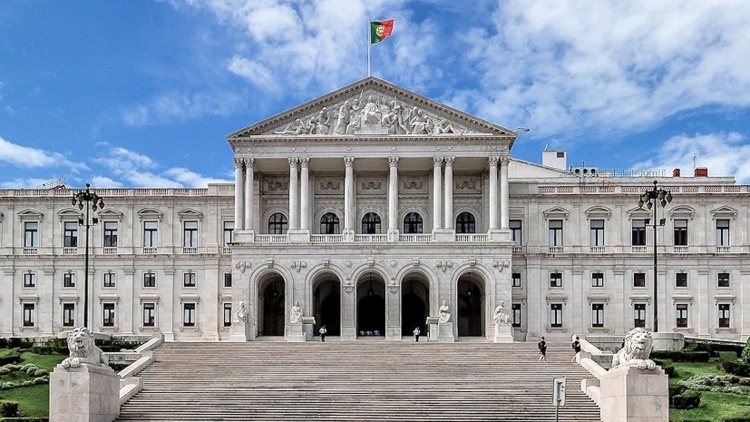
Nowadays a product called Sativex is sold, which is the same as the one previously used, which is reimbursed by the state, but which causes a tremendous economic loss for all of us.
And that this does not have to be so, we can change it.
In this specific case, the share of the SNS is huge.
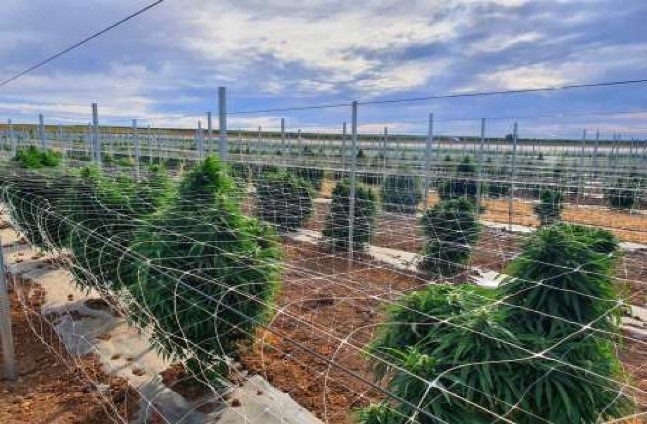
The failure to use the by-products of this agricultural production, which is the basis of this medicine, are the main cause of the great loss in the value chain of agricultural culture.
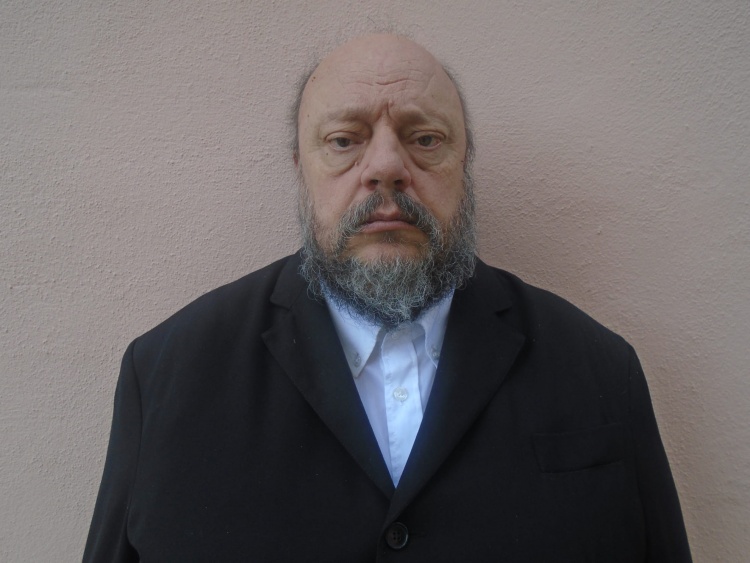
The solution we propose is balanced and credible. We will develop a proposal for a law that promotes the balance between sustainable agricultural production, which will be used for consumption as cannabis for industry, medical cannabis, cannabis for therapeutic purposes (CBO) and cannabis for recreational purposes.
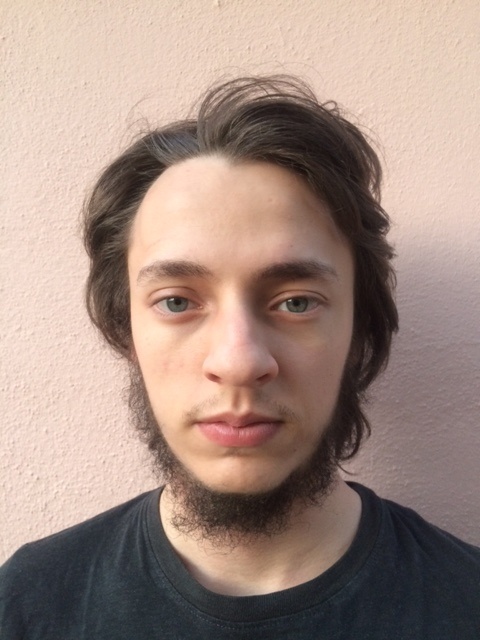
We will pay special attention to the complementarity of all activities in production, packaging and consumption, as the only way to sustainably profit from production.
We have as reference the law that already exists in Canada, and in many developed countries, that are following this path, because they know that it was never a non-regulatory solution and later to suppress.
